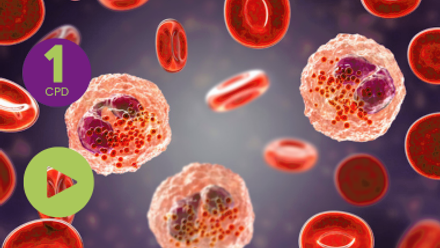McGrath Foundation Haematological model of care
To ensure this model meets the diverse needs of the Australian population, the Foundation has partnered with Ethicol to lead a collaborative co-design process. Together, they are developing a national Model of Care (MoC) that will guide the work of McGrath Cancer Care Nurses now and into the future.
Through this process, it has become clear that people diagnosed with haematological cancers often have distinct supportive care needs. In response, a dedicated project has been launched to co-design a tailored Model of Care specifically for this group.
About the Project
The project will design a supportive care model to guide how McGrath Cancer Care Nurses support people affected by haematological cancers, ensuring care is responsive, person-centred and evidence-informed.
Why Get Involved?
- Shape the future: The opportunity to co-design a model that meets the needs of those receiving and delivering supportive cancer care in Australia.
- Be empowered: Experience increased empowerment by being part of the model design and having your voice heard.
- Gain and share knowledge: Learn about the latest in supportive cancer care and connect with others with an experience of cancer.
Who Can Take Part?
- Any clinician working with patients with haematological cancers
- Anyone diagnosed with a haematological cancer, past or present
- Carers or family members of people diagnosed with haematological cancer
What does involvement look like?
From July 2025 –September 2025, participation can involve either:
- Face to face or online attendance at a workshop
- Completion of online survey
If you are interested in participating you can register HERE
This project has received ethics approval from the Bellberry Human Research Ethics Committee (Ref No. 2024-06-736). For further information, contact [email protected].





